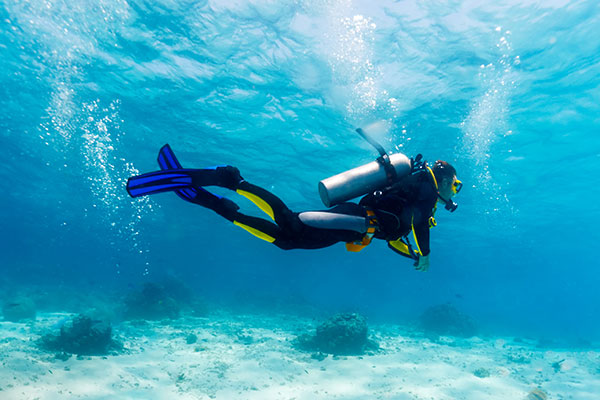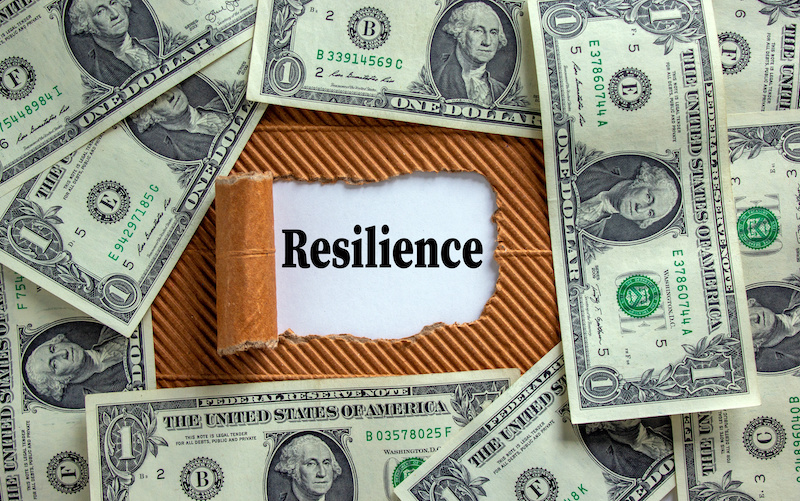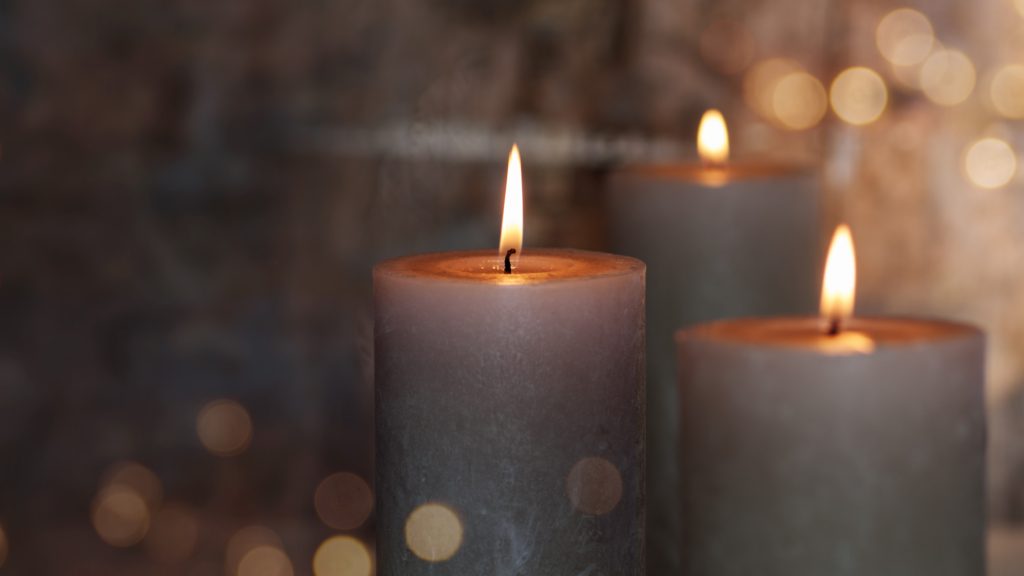Scuba Diving Safety
Key News ContributorJuly 24, 2016

Scuba Diving Safety
As the mini season approaches, diving safety is a topic that is brought up. I thought it would be good for all divers to have a small refresher on diving safety. Grant it these are just concepts to review, if you have been out of practice for more than six months I suggest contacting your local dive shop for a refresher course during which they will go over the basic diving skills.
So at a glance, here are the “diving don’ts”
- Don’t dive alone.
- Don’t hold your breath.
- Don’t ascend faster than your smallest exhaled bubbles.
- Don’t stay down too long.
- Don’t dive too deep.
- Don’t dive with malfunctioning equipment.
- Don’t destroy the environment.
- Don’t plan a decompression dive as a recreational scuba diver.
- Don’t go in overhead environments.
- Don’t dive beyond your training.
- Don’t forget your safety stop.
- Don’t forget to log your dives.
Ok… so how do we turn this list into a “do” list? Let’s look at each in turn and why they are important.
Don’t Dive Alone
Choose a buddy that has similar skills to yours and take some time to learn how each of you dives. This includes how you would each handle an emergency.
Don’t Hold Your Breath
This is the #1 rule of diving. Holding your breath on descent and ascent can cause serious damage to your lungs and possibly even death.
Don’t Ascend Faster Than Your Smallest Exhaled Bubbles
Ascending slow is how you allow your body to get rid of unwanted nitrogen that has collected in your body tissue and bloodstream. By doing this you are also reducing your chances of decompression sickness.
Don’t Stay Down Too Long
Plan your dive and dive you plan. Make sure you have enough air to reach the surface safely and don’t change your dive plan mid-dive. Don’t surface with less than 500 psi.
Don’t Dive With Iffy or Malfunctioning Equipment
Be sure to get your gear checked out regularly by an authorized technician. If something doesn’t feel right, it is acceptable to call the dive!
Don’t Destroy the Environment
Be sure that your buoyancy is a well honed skill and be aware of everything around you. Also, make sure that all gauges, spare regulators, and anything other dangling equipment is secured to your BC. This will keep the environment safe and reduce wear and tear on you gear.
Don’t Plan a Decompression Dive as a Recreational Scuba Diver
For safety reasons this should only be done if you are trained to do so. This is not recommended for recreational diving.
Don’t Go in Overhear Environments
Stay in open water environments. Diving in caverns, caves, and wrecks can be very complex and dangerous. It is important to have proper training, equipment, and dive team for these types of situation.
Don’t Dive Beyond Your Training
This one is super important. If you are not prepared and ready to go beyond your training that is when accidents and panic can happen. If you want to dive deeper or go into caves, get the proper training from a reputable trainer.
Don’t Forget Your Safety Stop
Don’t forget to stop at 15 feet for 3-5 minutes before surfacing. This will help to eliminate nitrogen from your body.
Don’t Forget to Log your Dives
Keeping an accurate record of where you have been, what you have seen, and important dives is a great way to keep the details of your dives. If you don’t own your own gear, it is a good way to keep track of what you have used and if you liked it so you remember when you are looking to purchase your own gear. This will also be a good way to judge how much weight you need while diving in the future.
To read more about diving safety and dive information visit http://www.scubadiverinfo.com.


